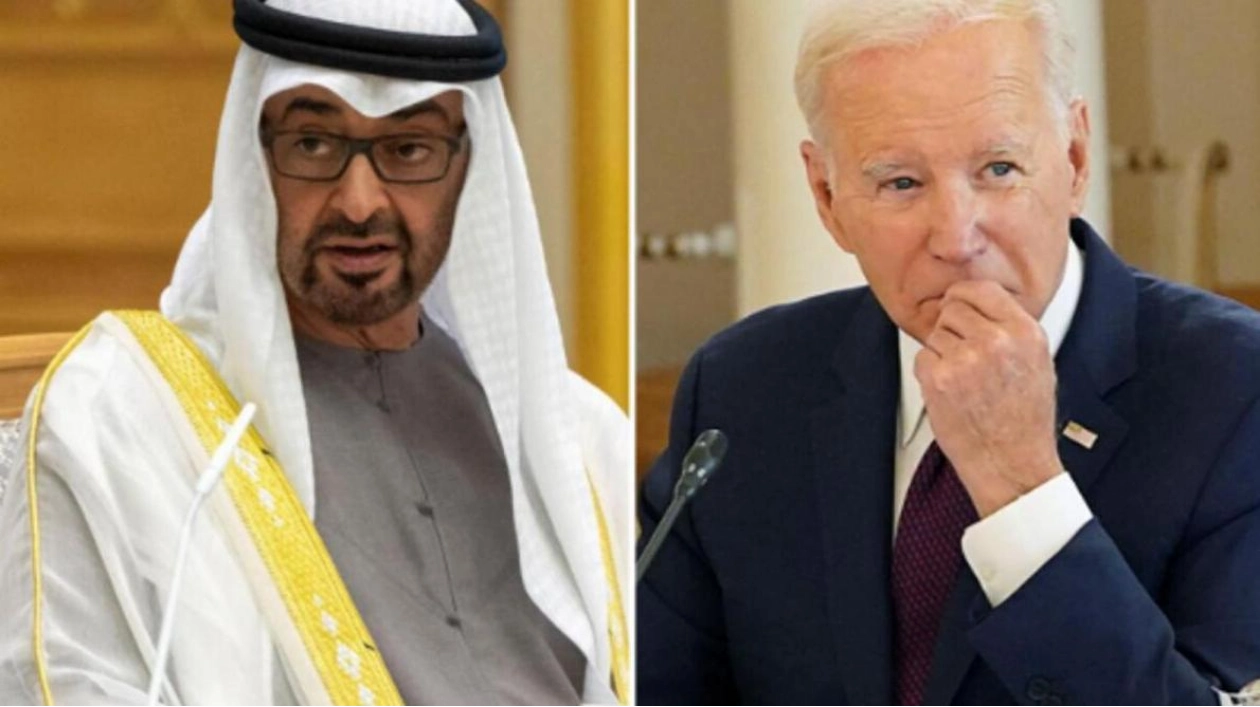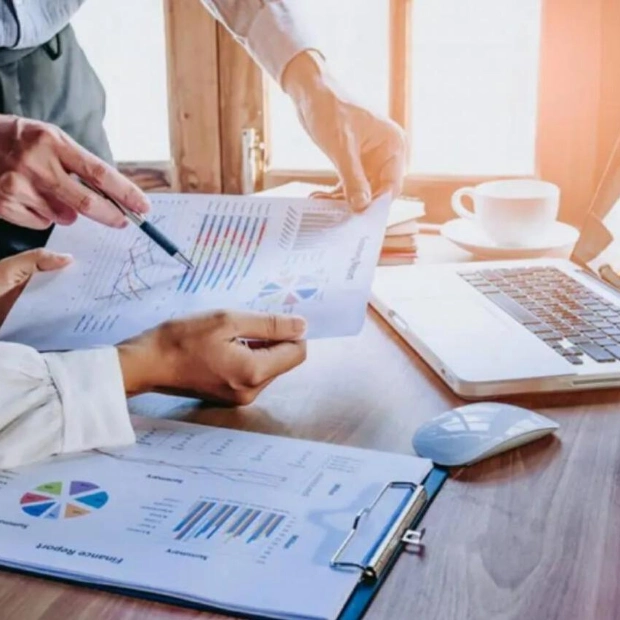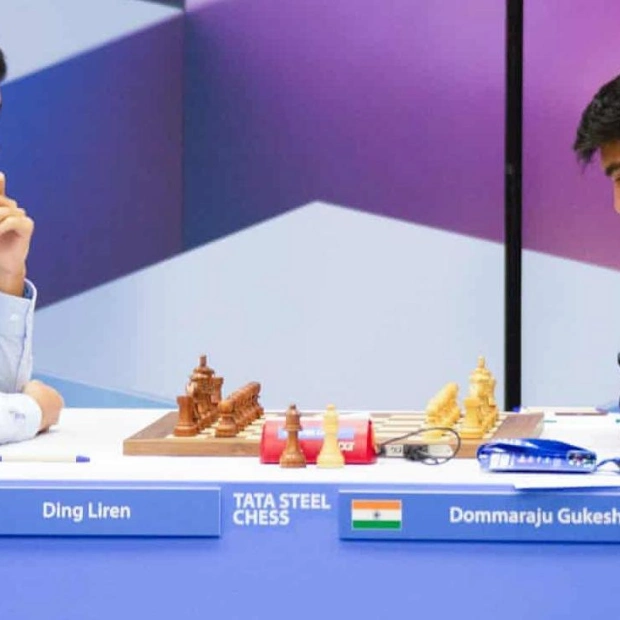The UAE holds a pivotal position in the Middle East and serves as a crucial ally for the United States, with both nations aiming to capitalize on strong bilateral collaboration across multiple fronts. These include discussions on regional and international peace, encompassing Gaza and Sudan, Ukraine and Russia, relations with China, artificial intelligence (AI), technology transfer, space exploration, and achieving global climate objectives, among other topics. Danny Sebright, President of the US-UAE Business Council, shared insights into the agenda's priorities during an exclusive interview with Khaleej Times ahead of President Sheikh Mohamed's landmark visit to Washington on Monday.
Sebright stated: "The UAE has consistently been a close ally to the United States, initially in political and diplomatic spheres, then in military intelligence and security, and over the past 15 to 20 years, in business and trade. This commercial relationship has seen exponential growth, becoming a major focal point between the two countries." Sebright, who has been engaged in Middle East peace efforts since the 1980s and was part of former US President Bill Clinton's team during those negotiations, added: "Currently, economic, trade, digital, and AI sectors are of utmost importance. The US looks to the UAE for leadership on climate change and various global issues. These alignments ultimately contribute to robust business, trade, and investments. If we construct these bridges, other geopolitical goals will naturally follow."
Notably, history will be made on Monday with the first visit by a sitting UAE president to the White House. This marks the inaugural meeting of the UAE and US presidents on American soil since the establishment of the Emirates. Sebright highlighted: "Sheikh Zayed bin Sultan Al Nahyan visited the US, but for medical care in Cleveland, Ohio. Former President Sheikh Khalifa bin Zayed Al Nahyan never visited. Sheikh Mohamed came as Crown Prince of Abu Dhabi, but never as president." In 2019, Sheikh Mohamed engaged in discussions with then US President George W. Bush at Camp David, Maryland. Additionally, he met with Biden at a summit in Jeddah two months after assuming the presidency of the UAE in May 2022. They also held talks during the G20 summit in New Delhi in 2023.
Sebright, who has already traveled to the US for this significant occasion, shed light on the visit's priorities: "An essential aspect is to officially acknowledge the 'wonderful tech relationship' that has flourished over the past two years... AI, digital, and related areas. This will be a significant focus of the visit." Referring to Microsoft's enhanced partnership and investment in G42, based in Abu Dhabi, which aims to provide advanced AI solutions to public sector clients globally, Sebright added: "The deals that Microsoft and others have signed and are advancing between the US and the UAE, particularly in tech and AI, will be highlighted. Specific focus will be on AI, including GPU issues, technology transfer, and ensuring clarity on these areas as future focal points for both nations."
Sebright also emphasized that 'space exploration' would be a significant area of interest, particularly the collaboration between NASA and the UAE Space Agency. "Moving forward, we will see more UAE astronauts trained at the Johnson Space Centre. The NASA-UAE Space Agency, NASA-Mohammed bin Rashid Space Center (MBRSC) collaborations will expand, not only with astronauts but also with joint research and development, creating new projects together." He also pointed out that discussions would include energy, emphasizing not only traditional oil and gas but also renewable and nuclear energy.
Sebright reiterated another important talking point on the agenda: the two global leaders will engage in talks focused on improving regional stability and reducing tensions. Their dialogue will likely focus on collaborative strategies to address ongoing conflicts and foster a more peaceful environment in the region. Sebright highlighted that the United States serves as a facilitator, uniting all parties to promote dialogue and teamwork. "The US' role is to build the table and create the room. We're the convener. Our role is to get everybody in the room, brainstorm for ideas and try to make people talk. However, we can never get someone to make a deal if they're not ready to make a deal... it can't happen." He concluded: "But we still have the respect of anybody else on all sides of the table, to bring the people together and convene them. What we used to say back in the (Bill) Clinton years is help them 'take the risks for peace'. Work with them to lower the things that they're worried about the most and help them say, 'I can sign my name to this and have a deal', because the United States has always helped lower the risk in signing that deal."






